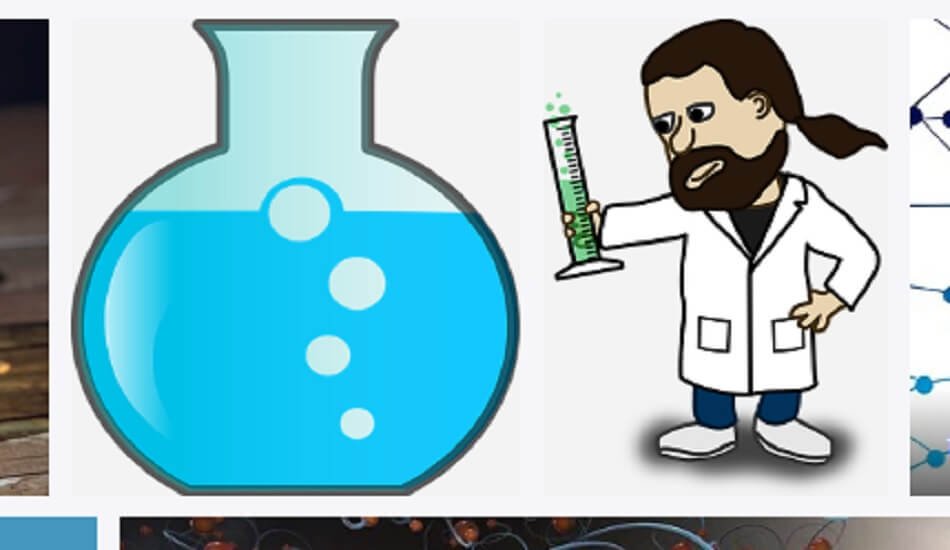Insecticides India focuses on R&D to deliver farmers new patented technology
Insecticides (India) Ltd., a corporation listed on the National and Bombay Stock Exchanges, is focusing on research and development (R&D) to deliver innovative solutions to farmers, notably new patented technology.
‘Our goal is to bring innovative, patented technology to market either directly or through our partners.’ We have been constantly introducing new items. We introduced a couple of items and saw success with them over the last 6–7 months. ‘We have a very good pipeline,’ said Rajesh Aggarwal, Managing Director of Insecticides (India) Limited (IIL).
Also Read | Insecticides India, stationed 600 crop experts across the country to assist farmers
Taking on thrips
With Japanese collaboration, IIL has introduced a new insecticide, Shinwa, a patented product. The chemical has been shown to be effective against thrips, bollworms, and leaf miners. ‘It is performing quite well, and we anticipate sales of at least 60-65 crore in the first year.’ Similarly, we launched a herbicide called Torry, which has produced excellent results. ‘We intend to increase its sales to 60-70 crore,’ said the MD of IIL, one of India’s top ten agrochemical manufacturers.
The Delhi-based company has released a new fungicide that is a hybrid of Nissan and another Japanese company’s goods. IIL anticipates sales of 30-40 crore from this.
Aggarwal says that his company just put out the fungicide Stunner, which can be used on grapes, tomatoes, and other fruits and vegetables. The feedback was also positive.
Partners from other countries
Shinwa pesticide works well on thrips in chilli crops, cauliflower, brinjal, and pulses. The chilli crop in Andhra Pradesh and Telangana was harmed by thrips last year. ‘This year’s trips attack is also high. It’s loaded with chillies. This product is producing positive outcomes. ‘With a single spray, it controls the bug in roughly three weeks,’ he claimed.
IIL is working closely with three companies: two from Japan, including Nissan, and one from the United States. ‘With Nissan, we market a half-dozen goods, and the range will expand further as more are planned.’ ‘We have a joint venture with Japan’s OAT Agrico Ltd. to promote certain of their products,’ Aggarwal explained.
Through its joint venture with OAT Agrico, IIL has applied for a dozen patents. ‘The first product has been completed, and we are developing it not just for India, but for the entire world,’ he stated.
Engineering in reverse
One of the teams in the company’s own research and development (R&D) department works on reverse engineering. ‘By practising reverse engineering, we aim to make whatever gets patented in the world, and those innovations have either not entered the country or have entered and have a monopoly,’ stated the IIL MD.
Torry is one such product that has broken such a monopoly, and Stunner is another, he claims. ‘We aim to develop innovative formulas because I believe consumers require such solutions.’ We aim to create a combination of 2–3 products and promote them to the market. ‘These are producing results, and farmers and consumers alike like them,’ Aggarwal said.
IIL is also involved in biological research. It is attempting to commercialise microorganisms and biological remedies. The R&D centres, which employ roughly 100 people, are meeting market demand effectively, and ‘a lot of goods are in the pipeline,’ he said.
Also Read | Insecticides (India) chosen Bollywood superstar Ajay Devgn as its brand ambassador
Wheat planting is going well
He said that it is too early to say how much insecticide will be needed during the rabi season, but that sowing wheat and other crops should go well.
This year was difficult for agri-chemical companies since some places saw tremendous rainfall while others were dry. Despite these hurdles, he believes agri-chemical demand is strong.
Aggarwal says that while the sector is expected to grow by the high single digits, IIL has grown by 30% in the first half of this fiscal year.
If the season is good, the business hopes to see a maximum gain of 10% during the rabi season. However, if the season is bad, ‘then we decline’ by 15%, he says.
Optimal application of agrichemicals
Because the kharif harvest is projected to be good, most farmers are expected to use agrochemicals, particularly for vegetables and cash crops.
Insecticides are in high demand for paddy crops since they are needed to control weeds and fungus. In terms of educating farmers on the proper use of agri-chemicals, he stated that the industry’s companies put a lot of effort into this area. He stated that the Centre has launched its own programs.
‘We are constantly attempting to deliver new technology goods to farmers, and when we do, we must teach growers that for these many days, this product will provide results, and they do not need to spray again.’ ‘Excessive use is really rare in general,’ Aggarwal said.
He did say, though, that farmers are often persuaded to use more urea than is recommended. ‘However, when we look at the global situation,’ the IIL MD explained, “we produce more than 13% of the foodgrain and use less than 5% of agrochemicals or insecticides.”
Also Read | Insecticides (India) Ltd gets two new patents that will last for 20 years
The impact of GM crops
He believes that the Center’s approval of genetically modified mustard and a few other crops will have little impact on the agri-chemicals industry. ‘The more advanced the agriculture, the greater the need for agri-chemicals, since you will tend to spend more on the protection of a product you acquire at a higher cost,’ Aggarwal explained.
IIL also exports to 17–18 nations throughout the world, including Africa, West Asia, and Europe. ‘We also sell to Asian and CIS countries.’ We are about to receive registrations from advanced countries. ‘We have a lot of registrations in Africa and West Asia, in addition to other Asian nations,’ he said.


















Add Comment